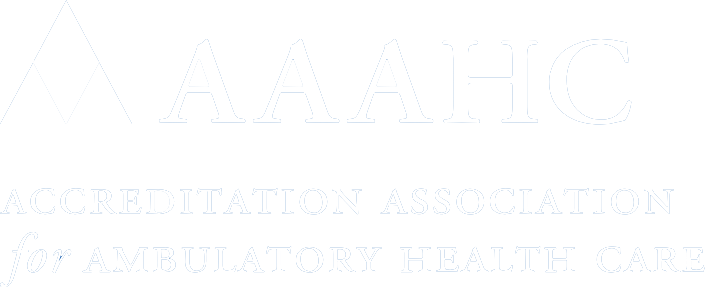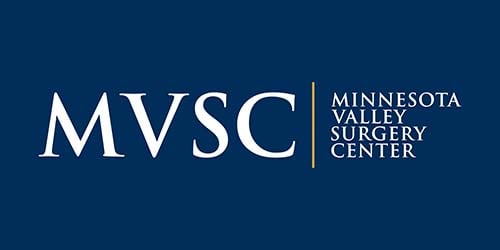3 Symptoms Of Degenerative Disc Disease: When To Consider Spinal Fusion
Millions of Americans suffer from spinal pain, and the numbers are continually rising. Out of all the possible reasons, degenerative disc disease is the most common cause. About one-third of Americans have some form of degenerative disc disease. Degenerative discs can occur anywhere in the spine. However, most cases happen in the cervical region or the lumbar region.

What's degenerative disc disease anyway?
The spine consists of several bones held together by fibrous discs. These discs help protect the spinal cord and act as shock absorbers. With degenerative disc disease or DDD, one or more discs begin to break down. The breakdown usually happens with age, and the discs lack strength and elasticity. For some people, this can cause pain and numbness in the area of the discs. If left untreated, persons will experience at last one of the 3 following symptoms.
1. The perpetual cycle of back pain
Some patients feel cycles of back or neck pain, according to the location of the damaged discs. The pain may be severe and last for a few days, then leave. Others feel nagging pain that sticks around for months on end. The problem can last for several years if untreated.
2. Surrounded by numbness and weakness
A common symptom of degenerative disc disease is numbness and weakness not in the spine but in the surrounding areas. For example, if the degraded discs are in the lower back, the patient may feel tingling in the hips, thighs, butt, and legs. The disc may also cause sciatica, which is an irritation of the sciatic nerve. If the disc pain is more in the neck region, expect to feel pain in the shoulder, arm, and hand.
3. Can't stand around
Persons with a degenerative disc often feel pain when holding positions for long periods. Standing or sitting for extended periods are common signs. These positions place stress on the surrounding discs. Degenerated discs are unable to do the necessary load-bearing in these positions. Furthermore, the patient will often recognize the pain subside when changing positions.
Treating those damaged discs
For degenerative disc symptoms, speak with a doctor immediately. A doctor will first try non-surgical treatments. Treatment ranges from medication and steroid injections to physical therapy. These, combined with a healthy lifestyle, can significantly reduce the symptoms of the disease. However, there are cases where non-surgical treatment is not enough. Some people may have years of pain that limits the ability to do basic tasks. At that point, consider spinal fusion surgery.
Is spinal fusion the answer?
Spinal fusion surgery is an advanced procedure that strengthens the spine. To do so, the surgeon may need to remove part or all of the degraded disc. The disc is then replaced with an artificial disc or prosthetic and held in place with a plate. Over time, the bones begin to grow and fuse. The fusion stabilizes the spine reduces pain significantly. Based on the disease's location, the surgery can be performed at the neck or lower back. On average, the bones take about 6 months for recovery and fusion.
Look for signs and take action
If these three symptoms are affecting the quality of life, chances are DDD is at play. The condition can go unnoticed for years. Some people can even have degenerated discs without pain. Speak with a doctor to learn more about spinal fusion surgery.
Can Lower Back Pain Return After Spinal Surgery? 3 Lifestyle Changes To Get The Most Out Of Fusion
Minnesota Valley Valley Center2024-04-02T14:49:38-05:00April 15th, 2024|
Spinal surgery is an excellent solution for lower back pain, but symptoms can return. With lifestyle changes, patients can get the most out of fusion.
A New Lease On Life: Exploring How Robotic Total Joint Replacement Can Get You Active Again
Minnesota Valley Valley Center2024-03-24T17:38:47-05:00March 29th, 2024|
Robotic total joint replacement uses a robotic arm to replace the joint. This innovative approach allows a quick return to activities.
Restoring Dexterity: How Outpatient Carpal Tunnel Surgery Can Change Your Life
Minnesota Valley Valley Center2024-03-24T17:38:37-05:00March 15th, 2024|
After months of wrist and hand pain, carpal tunnel surgery may be needed. With outpatient options, restored dexterity with less pain and discomfort is possible.
More Articles from MVSC
April 15, 2024
Spinal surgery is an excellent solution for lower back pain, but symptoms can return. With lifestyle changes, patients can get the most out of fusion.
February 29, 2024
Rotator cuff tears can severely limit shoulder mobility. Surgery can relieve pain and improve mobility, allowing patients better reach.
January 15, 2024
Spinal conditions in the lower back may require a procedure called laminectomy. With MIS, patients have higher success rates.
December 21, 2023
Clavicle fractures are often treated non-surgically. The location and degree of damage can indicate whether collarbone surgery is needed.










